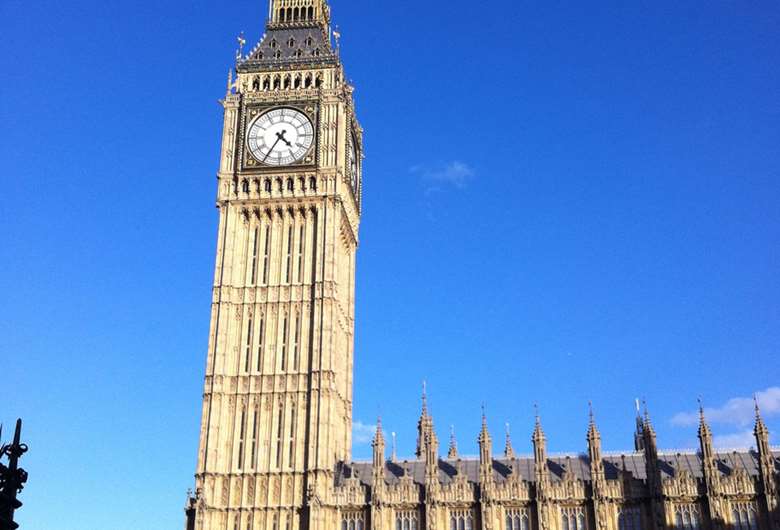Queen’s Speech 2017: Free school meals to stay
Wednesday, June 21, 2017
The Prime Minister Theresa May’s plan to axe universal infant free school meals was omitted from the Queen’s speech, as were proposals to build new grammar schools.

Speaking this morning at the state opening of parliament, the Queen outlined the Government’s plans to introduce 27 Bills and 27 draft Bills, none of which include the scrapping of universal free school meals for four- to-seven-year-olds or the move to build new grammar schools.
Mrs May has been forced to drop the policies, both of which had been met with strong opposition, after the Conservatives lost their majority in the General Election.
Within the Conservative manifesto, the party pledged to replace universal free school meals for four- to-seven-year-olds with free breakfasts for all primary pupils.
A petition against the move attracted thousands of signatures, with celebrity chef Jamie Oliver attacking the plans for free breakfasts.
With the removal of the policy on grammar schools from the Queen’s speech, reports suggest that the Prime Minister's Government will launch a ‘modest’ pilot of the scheme instead.
Within her speech, the Queen went on to say that the ‘Government will continue to work to ensure that every child has the opportunity to attend a good school and that all schools are fairly funded'.
The National Living Wage will also be increased and the Government will continue to make progress to tackle the gender inequality pay gap.
Sector response
Responding to the Queen's Speech, Matthew Reed, chief executive of The Children's Society urged the new Government not to forget the needs of children.
He said, 'Amidst all the political turmoil, the new Government must not forget the needs of children.
'The decisions and deals made in this parliament will affect the lives of millions of children for years to come, we urge politicians of all parties to ensure that children’s needs are put first irrespective of the political climate.'
He added, 'We are relieved to see that scrapping of universal infant free school meals did not feature in today’s speech. There are now four million children in the UK growing up in poverty and it’s set to rise sharply to 5 million by 2020. This is a time when the Government should take steps to help struggling families. By protecting free school meals for infants, two million children are still guaranteed a decent meal every school day. However, much more needs to be done to address child poverty, including ending the four year freeze currently in place on benefits for children and families.'
Alison Garnham, chief executive of the Child Poverty Action Group (CPAG), said, 'What worries us most is that missing from the Government’s programme is any recognition or sense of urgency around the growing child poverty crisis. Despite the Prime Minister promising to prioritise the ‘burning injustice’ of poverty when she walked in to Downing Street last summer, child poverty is still set to soar to over five million by the end of the parliament, and the Government doesn’t seem to have any coherent plan or strategy to get that number down.'
Purnima Tanuku, chief executive of National Day Nurseries Association (NDNA), said,'Today the Queen told parliament that her Government will continue to work to ensure that every child has the opportunity to attend a good school and that all schools are fairly funded.
'Unfortunately we are still a long way off fair funding for early years. The Government must not think that their job is done with regards to offering ‘free’ childcare hours to parents. The Department for Education must prioritise addressing this by investing enough to pay a fair hourly rate for ‘free’ places and allowing nurseries to charge for meals if it wants the 30 hours pledge to be delivered.'
Voice the union said it was disaapointed there was nothing for childcare within the Queen's speech.
Its general secretary Deborah Lawon said,' 'It is disappointing that the speech offers little for education and nothing for childcare – on the day that the OECD highlights the key role of early education and care in boosting social mobility.
'I am deeply concerned that the immediate funding, workload and recruitment and retention crises in schools and childcare were not addressed.
'We hope that the funding planned for grammar schools will be used more effectively elsewhere in the current school system.
'The Government must listen to the concerns of parents and professionals.'
Think tank Bright Blue said Theresa May was right not to include new grammar schools in its legislative agenda for this parliament.
Its researcher James Dobson explained, 'The evidence is conclusive that grammar schools do not drive social mobility since poorer children do worse in educationally selective areas than their peers in non-selective areas.







